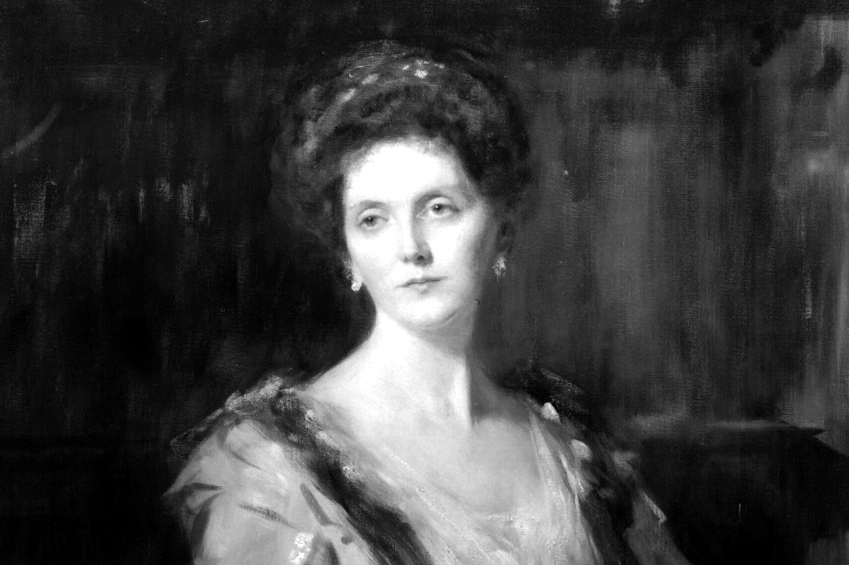This weekend, Emily Post, born Emily Price, turns 147. Born in October of 1872 to an affluent Maryland family, her life from the start was governed by the rituals of privilege and dictated by decorum — balls, cotillion, dinner parties, calling cards, and all the other occasions and duties one can find advice about in her 1922 Etiquette in Society, in Business, in Politics, and at Home. Etiquette was the book that made her famous, and ensured her name would be forever synonymous with seemingly tedious and elite manners.
Despite seeming trivial, Post argues that all of the many rules she spent her life complying with and writing about — from how to make introductions to funeral etiquette to table-setting to thank you notes to proper grammar and everything in between — have moral roots that must be explicitly taught, practiced, and internalized to form good character.
‘Manners are made up of trivialities of deportment which can easily be learned if one does not happen to know them. Manners…are the outward manifestation of one’s inner character.’ This, for Post, applied endeavors large and small alike — from hosting guests, to the care one took with writing thank-you notes. (‘The letter you write, whether you realize it or not, is always a mirror which reflects your appearance, taste, and character.’). Post underscores that learning etiquette is the easy part. The hard part is doing it: engaging in the self-denial and other-orientedness that true politeness and strength of character require.
Post was not the first to recognize the deeper moral significance of social norms. She was in good company, alongside Petrarch, Erasmus of Rotterdam, Edmund Burke and Jane Austen in claiming the foundation of all true civility is ethics, whose etymology comes from the Greek ethos, or character. Conduct formed character, and the rest, Post mused, is ‘good taste, correct speech, quiet unassuming behavior, and proper pride and dignity’.
Post understood the perils of focusing too much on the proper form of an act alone without giving thought to the virtue that may lay behind a social snafu. She held that judging a person by conduct alone, without looking to the sentiment behind the action, is like ‘measuring the letters of the sign boards by the roadside instead of profiting by the directions they offer’.
She goes on to encourage her readers to extend grace to those whose style may be in need of polishing: ‘It is not the people who make small technical mistakes or even blunders who are barred from the paths of good society, but those of sham and pretense whose veneered vulgarity at every step tramples the flowers in the gardens of cultivation.’ It was pretense, not merely forgetting for being unaware of the rules, that was the true social grievance.
‘Manners are of more importance than laws,’ Edmund Burke wrote. ‘Upon them in a great measure, the Laws depend. The Law touches us but here and there, and now and then. Manners are what vex or soothe, corrupt or purify, exalt or debase, barbarize or refine us, by a constant, steady, uniform, insensible operation, like that of the air we breathe in.’ Yet while manners and norms are often unspoken means of cultural and social cohesion, explicit codes of moral and social instruction have helped guided people’s interactions in community throughout the millennia, from the Decalogue to Maxims of Ptahhotep to Isocrates, the Miss Manners of the Roman Empire, to our own Emily Post.


























